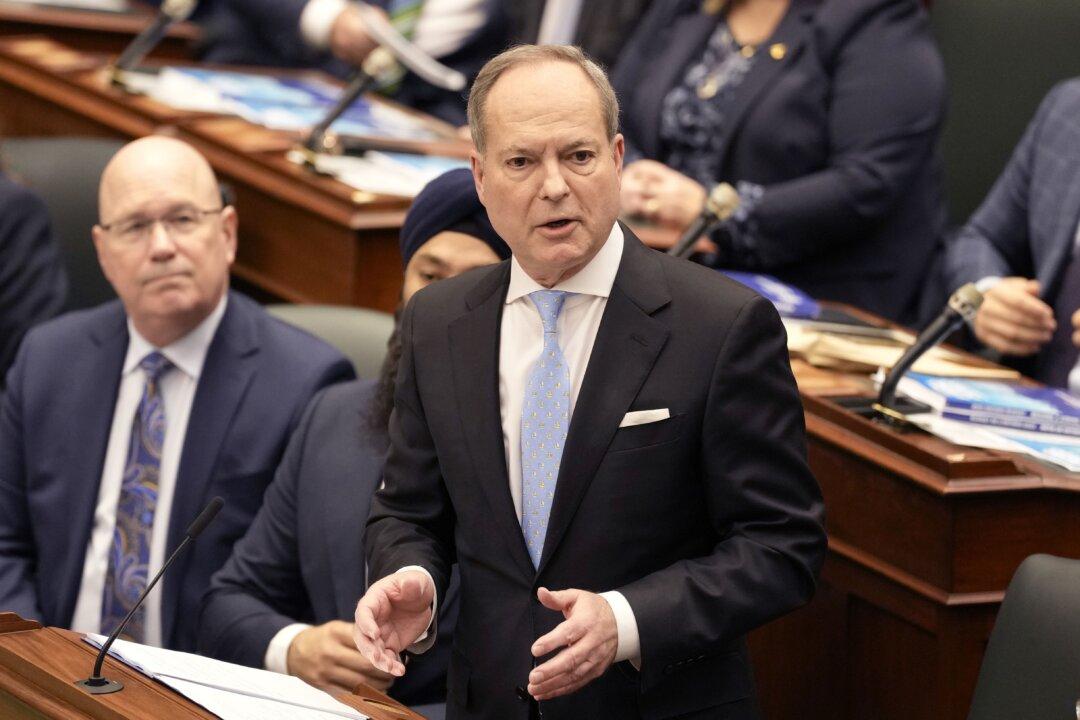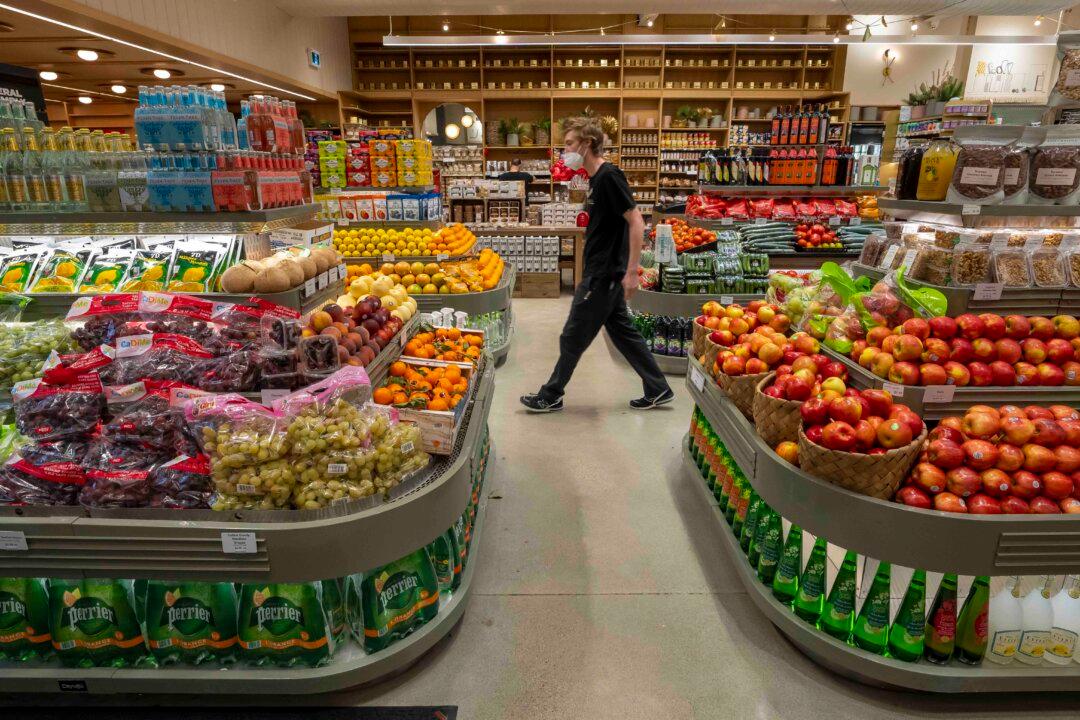Commentary
Once upon a time Ontario, Canada’s largest province economically and demographically, was governed by spendthrift Liberals with an unshakeable faith in government’s ability to solve all problems. Booooo! So, many people worked hard to replace them with a different party. How’s that working for you now that the Tories just handed down the biggest-spending budget in provincial history with more where it came from?





